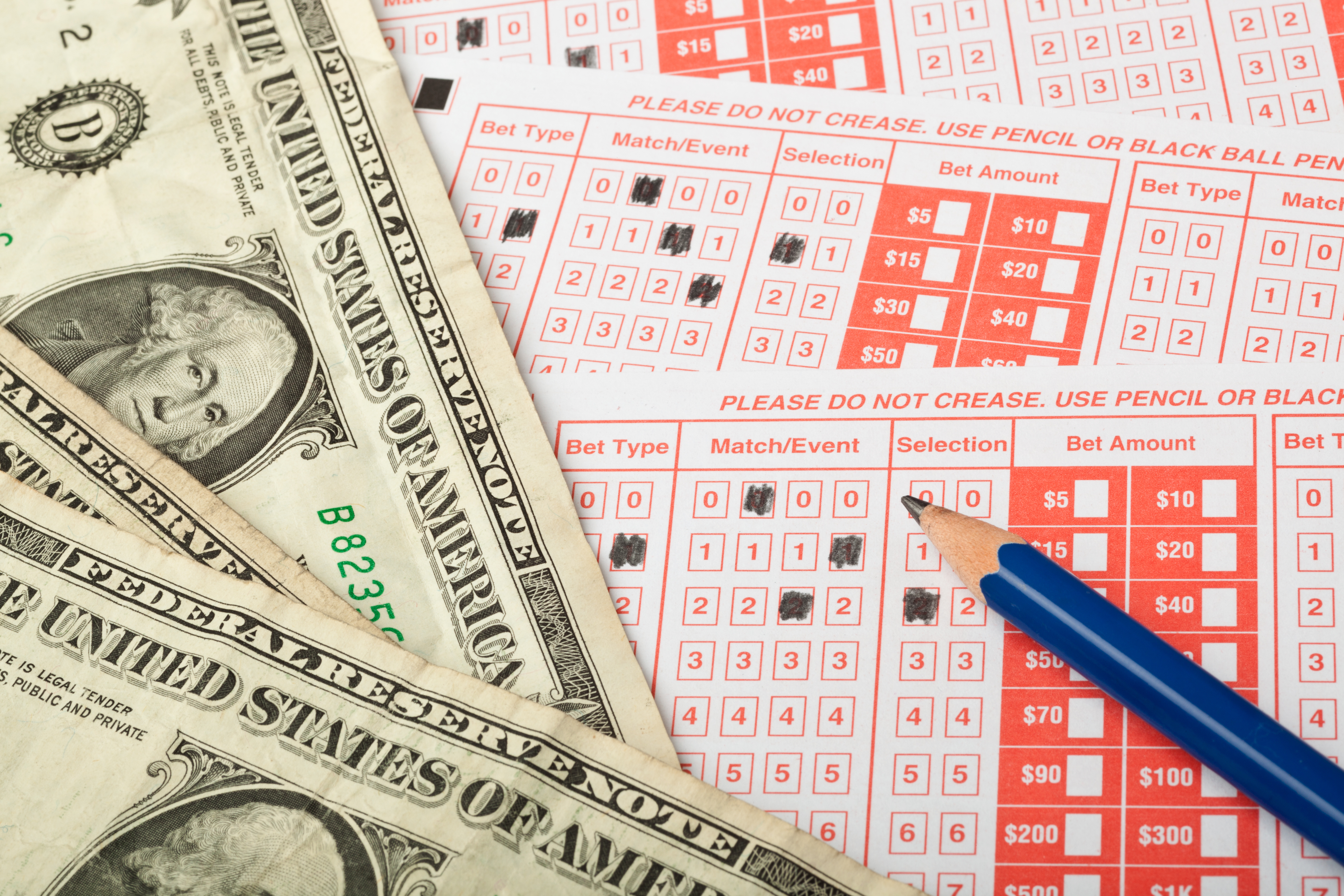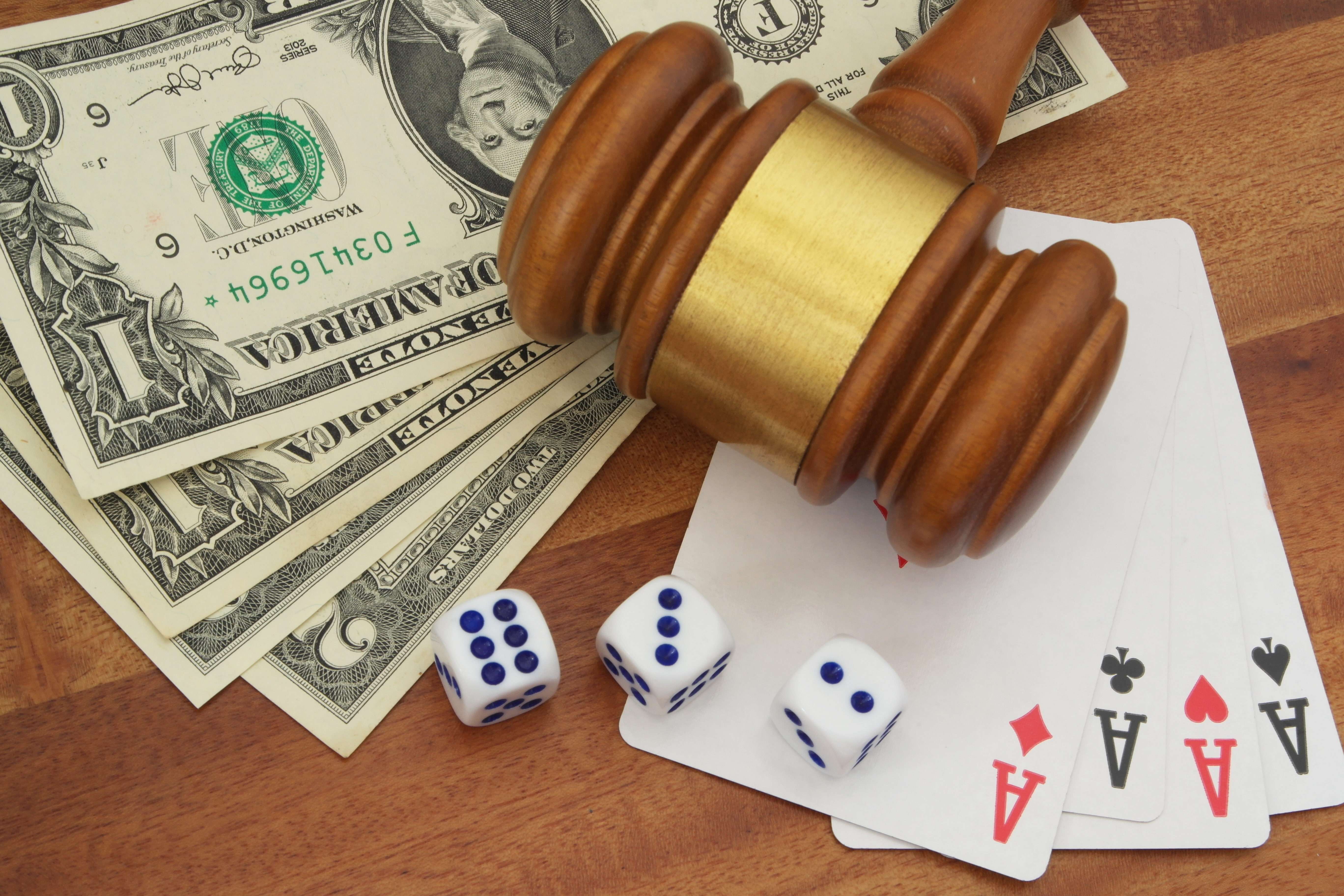The Markets Corner: You've got to know when to hold 'em, know when to fold 'em.... by Filippo Lecchini

On May 14th, 2018, the Supreme Court gave the states the authority to legalize sports betting, a dramatic change of attitude towards activities that traditionally had not found much support from either the federal government or the major professional sports leagues. In Murphy vs. NCAA the Court raised doubts regarding whether the existing federal prohibition violates the constitution; the 6-3 majority for all intents and purposes decided that it did. The suit was brought by the State of New Jersey, which immediately proceeded to legalize sports betting with other states following or planning to. The opening game of the 100th NFL season was preceded by an inaugural ceremony for the new sportsbook at a casino in Indiana. The guest of honor was Mike Ditka, the Chicago Bears Hall of Fame coach

Gambling is a huge business—billions handled and billions in revenues—around the world and in the U.S. It’s hard to grasp the full extent of it, because while data exists for legal activities (up to 2018 mostly concentrated in Nevada), it is realistic to assume that plenty happens all over the country, from friendly games to clandestine operations and, of course, online. Horse racing and sportsbooks are just a portion of all these activities, though a pretty large one. From the point of view of the markets and efficiency, legalization is uncontroversial, whether the activity is sports betting or drugs: everybody can see demand and supply, there’s no hidden action or information, transaction costs are lowered, tax revenues become available, and criminal enterprise is undermined. Other goods and services—alcohol, processed food, sugar, pornography, tobacco—can be harmful or even addictive if consumed in excess, yet they are perfectly legal (and often provide entertainment value), so a different standard for an activity such as betting might appease some people’s morals but not everybody’s. The question is, are legitimacy and ease of access going to do more than move a chunk of illegal activities out of the shadows?
Gambling addiction has been studied by many doctors, psychologists, social scientists, and others. The concern is that readily available opportunities might lure vulnerable individuals into betting. One might wonder, though, if legalization actually makes matters worse. At the core of all types of prohibition (moral concerns notwithstanding) is the idea that the legal system can be used to eradicate less-than-desirable business, behavior, goods, and services. Empirically, that has proven to be rather elusive: drugs and prostitution remain illegal and yet accessible in most of the U.S. If legalization simply brings betting into the open, is that a positive outcome? If more people get in trouble because of it, then maybe it is not a good decision after all. Addiction has dramatic consequences, and this is not an attempt at discounting them. Data and empirical evidence perhaps will help eventually to investigate further.

Another aspect is the role of the government. While the debate is far from over and not everyone at the federal level seems comfortable with this development, several states seem impatient to open new casinos (a very real topic of discussion in Chicago) or legalizing sportsbooks so that the tax revenues can start rolling in. The argument, of course, is that the new funding will solve budget problems and free up new resources for the good of the communities. If we believe that legalizing sports betting will just get more people to gamble, that seems problematic. Regardless of that concern, the rationale for any local government to be a de facto stakeholder in this type of business decision appears to be questionable. There is already a vast array of different lotteries that, practically, result in regressive taxation. Tax revenues from gambling don’t seem to be the most transparent or fair way to address budget issues.
Looking ahead
Here we are again discussing the three major themes we declared back in January. First, interest rates: now the Fed is cutting rather than hiking, and the next meeting is September 17th-18th. Twenty-five basis points seems like a done deal. Next, tariffs: the US and China are expected to meet in October. Finally, the government budget: the fiscal year will end on September 30th and Congress is back from recess. We thought at the beginning of the year that these could be the defining themes for the markets in 2019, and now we are already looking at 2020 as well, with the added twist of a presidential campaign and election.
RISK DISCLAIMER: Trading in futures products entails significant risks of loss which must be understood prior to trading and may not be appropriate for all investors. Past performance of actual trades or strategies cited herein is not necessarily indicative of future performance. The information contained herein is provided to you for information only and believed to be drawn from reliable sources but cannot be guaranteed; Phillip Capital Inc. assumes no responsibility for errors or omissions. The views and opinions expressed in this letter are those of the author and do not reflect the views of Phillip Capital Inc. or its staff.
